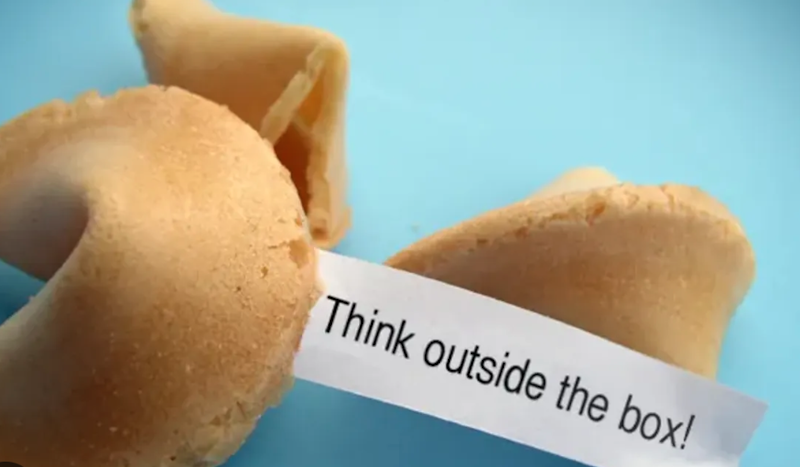Martin Amis was an honest and authentic writer. He was provocative, but the writing was always backed up by intelligence and prudence. It’s easy to spew whatever pops into one’s mind but to hold back to show the truth requires discipline and talent. Amis’ collection of essays and reviews, The War Against Cliché, which spans his work from 1971 to 2000, attests to his authenticity.
In the foreword to the collection, Amis wrote: “...all writing is a campaign against cliché. Not just clichés of the pen but clichés of the mind and clichés of the heart. When I dispraise, I am usually quoting clichés. When I praise, I am usually quoting the opposed qualities of freshness, energy, and reverberation of voice.”
It may not be a cliché, at the very least sentimental, but good writing comes from within one’s being. This is what Amis is alluding to. It’s the metaphysical clichés that a writer should avoid. War against any cliché is a war against ideology. No matter what one writes about, it should be powered by thinking, not endless formulations of the same statement.
The social media culture and memefication of writing has contributed to the proliferation of clichés. We’ve entered a different phase of writing and creation of clichés. Many writers are rushing to come up with a catchy phrase, like “paradigm shift,” hoping it will stick. Sometimes, these phrases are interesting and even true, but the constant progress of the internet culture shapeshifts the intended meaning of the phrase. The progress, then, turns into regress because time has no meaning in a digitized world.
What is good writing today, especially when it comes to essays and commentary? Much of what we are exposed to are polemics. There’s nothing wrong with making arguments, perhaps we do it every day implicitly. But what’s lacking is soul. (I’d add that there are still a few writers who write superbly and craft the essay form flawlessly—one of them my editor for Splice Today—Russ Smith.)
When Amis wrote this foreword in 2000, he couldn’t have included the extreme forms of cancelation since it wasn’t in full swing. Cancelation implies there’s a possibility of a return, but ultimately, it’s just a euphemism for censorship. Still, even in 2000, Amis saw the dangers of censorship as contained in political correctness.
Reviewing Hillary Clinton’s book, It Takes a Village, Amis explored political clichés, and Hillary had and has plenty of those. Imagining all the assistants Hillary employed, especially in writing of the book, Amis wrote, “Their object is to reduce it to a condition of pan-inoffensiveness. This is a big job, because being inoffensive, and being offended, are not the twin addictions of the culture…. By the time everybody’s done, we are out there on the cutting edge of the uncontroversial.”
I suspect that nobody really takes a book written by a politician seriously since it’s mostly a self-imposed hagiographical account of their lives written by someone else. Even so, such books enter into the lexicon of the culture, which then accepts such mediocre and meaningless statements as truth and reality.
“Being inoffensive and being offended” has, unfortunately, become a large part of our culture. Issuing apologies after an alleged offense that has been claimed by the Thought Stasi has waned, partly because we’ve moved on to other means of censorship. But the impetus to silence anyone one doesn’t agree with remains.
The British philosopher Michael Oakeshott understood the weight and burden of ideology upon human mind. In his work, Rationalism in Politics, Oakeshott writes about the end of discourse: …the superiority of an ideology over a tradition of thought lies in its appearance of being self-contained. It can be taught best to those whose minds are empty; and if it is to be taught to one who already believes something, the first step of the teacher must be to administer a purge… to lay his foundation upon the unshakable rock of absolute ignorance.”
This is how clichés are created. They become dangerous because they turn into ideology, which slowly stops the soul’s progress. The soul’s sacrificed and the only thing that matters is the progress of ideology. But what of our hearts and minds? Are they forgotten?

